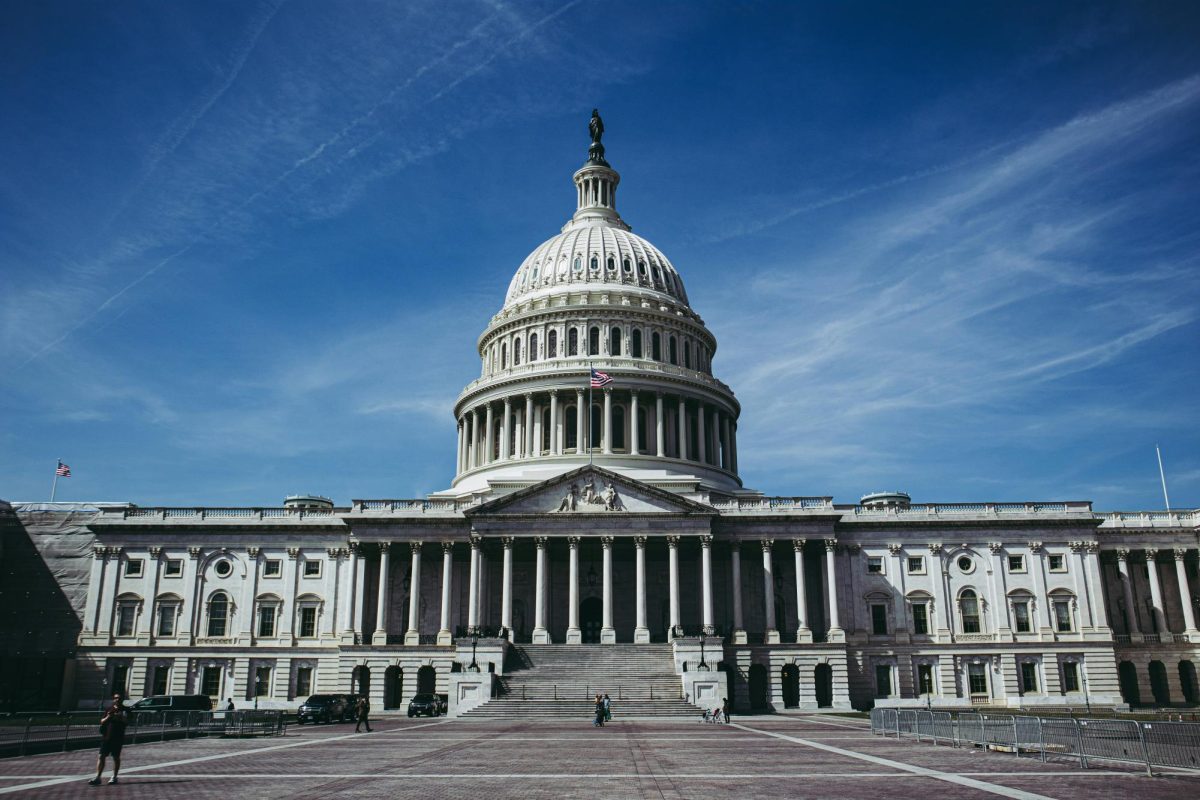Movie vs. Book: Unbroken
March 10, 2015
“If you can take it, you can make it.”
This is the mantra that Louis Zamperini’s older brother, Pete, used to mentally motivate young Louie Zamperini. It would later serve to center him during his devastatingly traumatic experience as a Japanese prisoner of war during World War II – allowing him to miraculously come out of it all unbroken.
A highly praised biography Unbroken, written by award-winning author Laura Hillenbrand over the course of seven years, is a masterful work. The book follows the inspiring yet harrowing life of Louis Zamperini, a juvenile delinquent, a track star extraordinaire, and a World War II P.O.W. survivor.
Louie, as a young boy, wreaks havoc running around his hometown of Torrance, California, stealing from neighbors and getting into fights. It is Louie’s older brother Pete who sees his athletic potential and forces Louie to change and channel his rebellious nature into eventually becoming a track sensation in the 1936 Berlin Olympic Games at age 19.
However, with the explosive beginning of WWII, Louie is forced to put his athletic career on hold as he joins the U.S. Army Air Forces, eventually becoming a lieutenant. While in the Forces, he fights in impressive air battles with his crew onboard their beloved Superman B-24 fighter plane. It is on one of these missions when the fatal crash in the Pacific Ocean occurs. There, unbeknownst to anyone, Louie and two of his crew, including his best friend Phil, survive and drift in the middle of the Pacific for a whopping 47 days before being discovered by an enemy Japanese ship, and with that, Louie’s nightmare truly begins.
Louie moves through several camps, and faces isolation, hunger, and dehumanization. It is in one of these camps where Louie meets the monstrously sadistic camp controller the senior prisoners fearfully call “the Bird.” Swimming in his own pool of bitterness, the Bird has a personal vendetta against anyone who earns an elevated status or becomes even remotely successful. As an Olympic runner and lieutenant, the Bird zeros in on Louie immediately, determined to break him. In a matter of seconds, Watanabe, or the Bird, alarmingly switches from being calm and collected to vengeful demon – flying into a spitting rage and doling out regular, cruel beatings.
There is something inherently wrong with the Bird’s mind to be vicious enough to torture starving men. Watanabe’s incessant determination in continuing his rampant mad regime every day is beyond horrific and appalling. The vivid detail and care Hillenbrand uses to weave such an intense and expansive story is simply incredible.
With every blow, both physical and mental, every victory, both big and small, I felt as though I were there watching it all go by in utter disbelief. I felt disgusted with myself for ever wasting a single morsel of food. When a book makes you feel ashamed of yourself, then you know you’ve found something special.
However, more miraculous than Louie’s survival story is his path to redemption and forgiveness. It is one thing to survive hell, but it’s something else altogether to survive it and then forgive the demons who held you captive.
The Angelina Jolie directed film adaptation of the novel, while thoroughly chronicling major events in Louie’s life, lacks character building. It broke my heart reading about Louie’s struggle to regain his life after coming home from the war, and not following this emotionally heavy moment damaged the movie’s standing in my mind. Louie’s ability to forgive and rise above his oppressors is what makes his story so endearing and remarkable, not merely his survival story alone.
The movie is so focused on capturing events in Louie’s life that it fails to develop the characters themselves. If it were not for the knowledge I already had from the book, I doubt I would have felt any lasting emotional connection with the characters in the movie.
To say I was disappointed Louie’s post-war story only warrants a few concluding captions is an understatement. Louie’s post-war experiences are what make him an inspiration and more than just a WWII survivor. He has definitely become a major inspiration in my life, and after reading Unbroken, I know you will undoubtedly feel the same way.













































Adam cournet • Mar 5, 2020 at 12:33 PM
this is the greatest book i have ever read. we read this in 8th grade